
Medical Oncology
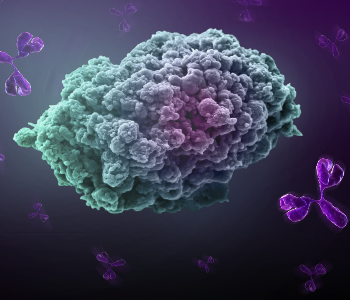
The term “Oncology “means a branch of medical science that deals with tumours and cancers.
Today, millions of people who have cancer or have had cancer. Cancer is known to be the second most common causes of death occurred globally (around 9.6 million deaths in 2018.) On an average, every 1 out of 6 deaths occurs due to cancer.
Oncology involves the diagnosis and treatment of cancer. A doctor who is specialised in oncology is known as an oncologist. Since the disease can occur in almost any part of the body, oncologists prefer to specialise in a particular branch of it, such as stomach cancer or breast cancer. Some are specialised in chemotherapy treatments, while others are specialised in radiation therapy.
What's the best place to get an oncology or cancer treatment?
India is one of the best countries in the world that provides integrated cancer treatment facilities for medical tourists. It is a home of a powerful healthcare system. It is well-known for its world-class medical facilities such as its economical pricing, robust infrastructure, and internationally accredited facilities. All these qualities make India no.1 destination hub for cancer treatment.
In India, cancer specialists are efficient and well updated with the latest technologies and practices of cancer treatment. Some of the most advanced techniques and world-class oncologists, along with the availability of latest equipment such as Cyberknife and genomic-based tests for cancer prevention, makes India one of the best international medical travel destination in the world.
Liver cancer, otherwise known as hepatocellular carcinoma, is considered to be one of the most common cancer throughout the world, which occurs due to a high frequency of hepatitis b infection. India offers world's advanced liver cancer treatment via some of its best oncology hospitals. Indian hospitals currently stand at number one when it comes to liver cancer treatment because of its team of surgical oncologists, medical oncologists, radiation oncologists, and other medical specialised who work collaboratively to treat each of its patients.
At last, oncology hospitals of India perform organ conservative procedures for treating cancer.
What's the cost of cancer treatment in India?
Cancer treatment in India costs only 1/5th to 1/8th of that in the other parts of the world. In other words, medical treatment is 60%-80% lower in India as compared to other parts of the world. India produces best quality drugs, medicines and consumables for cancer care at only 1/10th of the cost that in developed countries.
Insta medical tourism accredited hospitals in India have the latest technology and infrastructure to offer advanced cancer treatment at a cheaper cost. We also deliver advanced and top-quality oncology care in a supportive and compassionate environment to all our patients.
Breast cancer treatment in India is also offered at a low cost. For example, a total mastectomy, which costs approximately us$22,000 in the USA, would require only us$7,000 here in India, without compromising on quality.
Medical oncology in India has also taken the initiative to research our traditional methods, namely pranayama, yoga, meditation, pranic healing and Sudarshan Kriya. Research has proved that performing these techniques gives beneficial results on the brain, endocrine system and immune system. They also improve the antioxidant defence of the body. An international conference was even held in February 2006, at Delhi, on "expanding paradigms: science, consciousness and spirituality." Over 1000 participants voluntarily attended this event and multiple faculties, both from within & outside India, gave their presentations.
Main types of cancer:
- Carcinoma
- Sarcoma
- Melanoma
- Lymphoma
- Neuroendocrine
- Tumors
- Germ-cell tumours
- Leukemias
Key facts
- Cancer is reported to be the second leading cause of death globally and is responsible for an average of 9.6 million deaths in 2018 until now.
- Approximately 70% of cancer deaths occur in low as well as middle-income countries.
- Around one-third of total deaths from cancer mainly occurs due to these five leading behavioural and dietary risks: high body-mass index, low fruit and vegetable intake, lack of physical activity, tobacco use, and alcohol use.
- Tobacco use is one of the top risk factors for cancer and contributes to approximately 22% of total cancer deaths.
- Infections, which cause cancer, such as hepatitis and human papillomavirus (HPV), are responsible for up to 25% of cancer cases in low- and middle-income countries.
- Nowadays, late-stage presentation, as well as remote diagnosis and treatment, are common. In 2017, only 26% of low-income countries reported having pathology services available in the public sector. More than 90% of high-income countries said these treatment services to be available as compared to less than 30% of low-income countries.
- The economic impact of cancer is significant and is increasing day-by-day in 2010. The total annual financial cost of cancer was reported at approximately us$ 1.16 trillion.
- One in every five low- and middle-income countries has the necessary data to drive cancer policy.
Medical Oncology Treatments
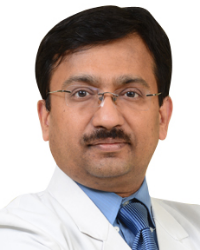
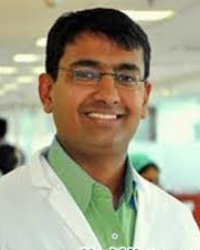
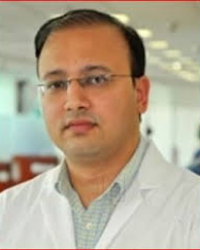
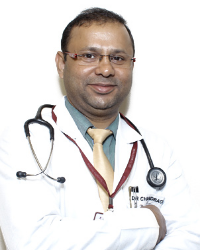
Top Doctors For Medical Oncology
Top Hospitals For Medical Oncology






